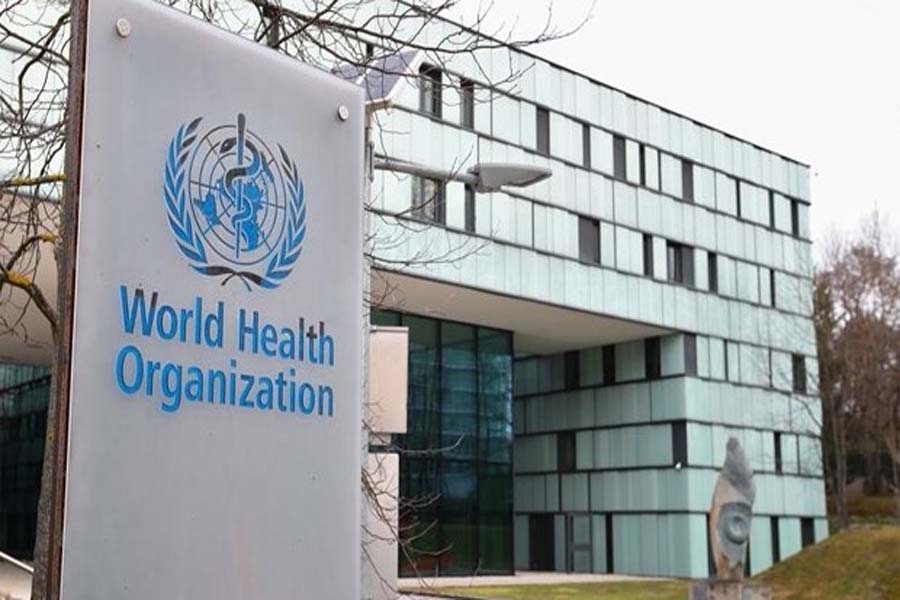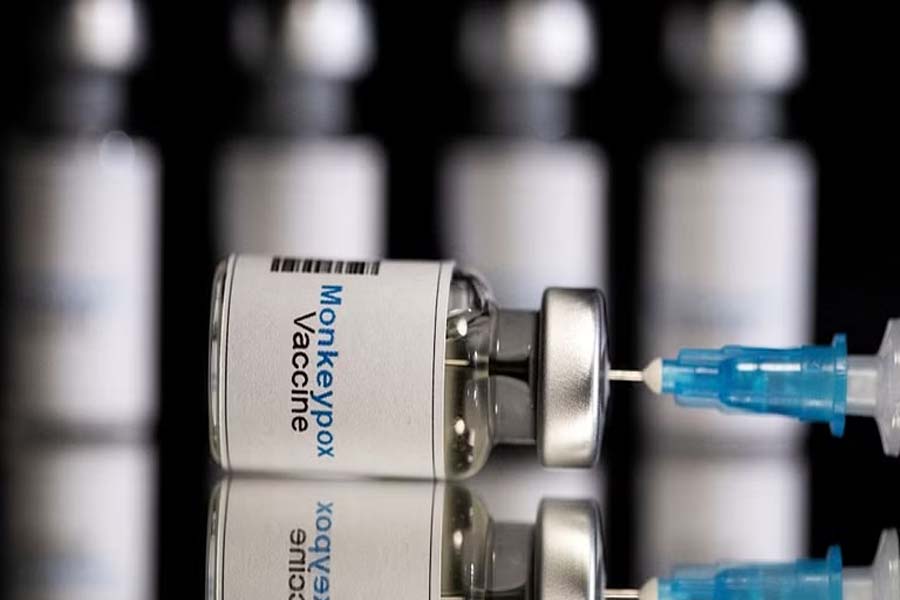GENEVA: The World Health Organization (WHO) on Saturday announced a new global network that will help detect and respond to disease threats before they become epidemic or pandemic, and to optimise routine disease surveillance.
The International Pathogen Surveillance Network (IPSN) will provide a platform to connect countries and regions, and improving systems for collecting and analysing samples using these data to drive public health decision-making, and share that information more broadly.
Pathogen genomics analyses the genetic code of viruses, bacteria and other disease-causing organisms to understand how infectious they are, how deadly they are, and how they spread. With this information, scientists and public health officials can identify and track diseases to prevent and respond to outbreaks as part of a broader disease surveillance system, and to develop vaccines.
“The goal of this new network is ambitious, but it can also play a vital role in health security: To give every country access to pathogen genomic sequencing and analytics as part of its public health system,” WHO Director-General Tedros Adhanom Ghebreyesus said in a statement. “As was so clearly demonstrated to us during the Covid-19 pandemic, the world is stronger when it stands together to fight shared health threats,” he added.
The Covid pandemic highlighted the critical role pathogen genomics plays in responding to pandemic threats. Without the rapid sequencing of the SARS-CoV-2 genome, vaccines would not have been as effective, or have been made available so quickly.
New, more transmissible variants of the virus would not have been as quickly identified. Genomics lies at the heart of effective epidemic and pandemic preparedness and response, as well as part of the ongoing surveillance of a vast range of diseases, from foodborne diseases and influenza to tuberculosis and HIV.
Its use in monitoring the spread of HIV drug resistance for example, has led to antiretroviral regimes that have saved countless lives. Despite recent scale-up in genomics capacity in countries as a result of the Covid pandemic, many still lack effective systems for collecting and analysing samples or using those data to drive public health decision-making. The IPSN will tackle these challenges through a global network, connecting geographies and disease-specific networks, to build a collaborative system to better detect, prevent and respond to disease threats.
-IANS

